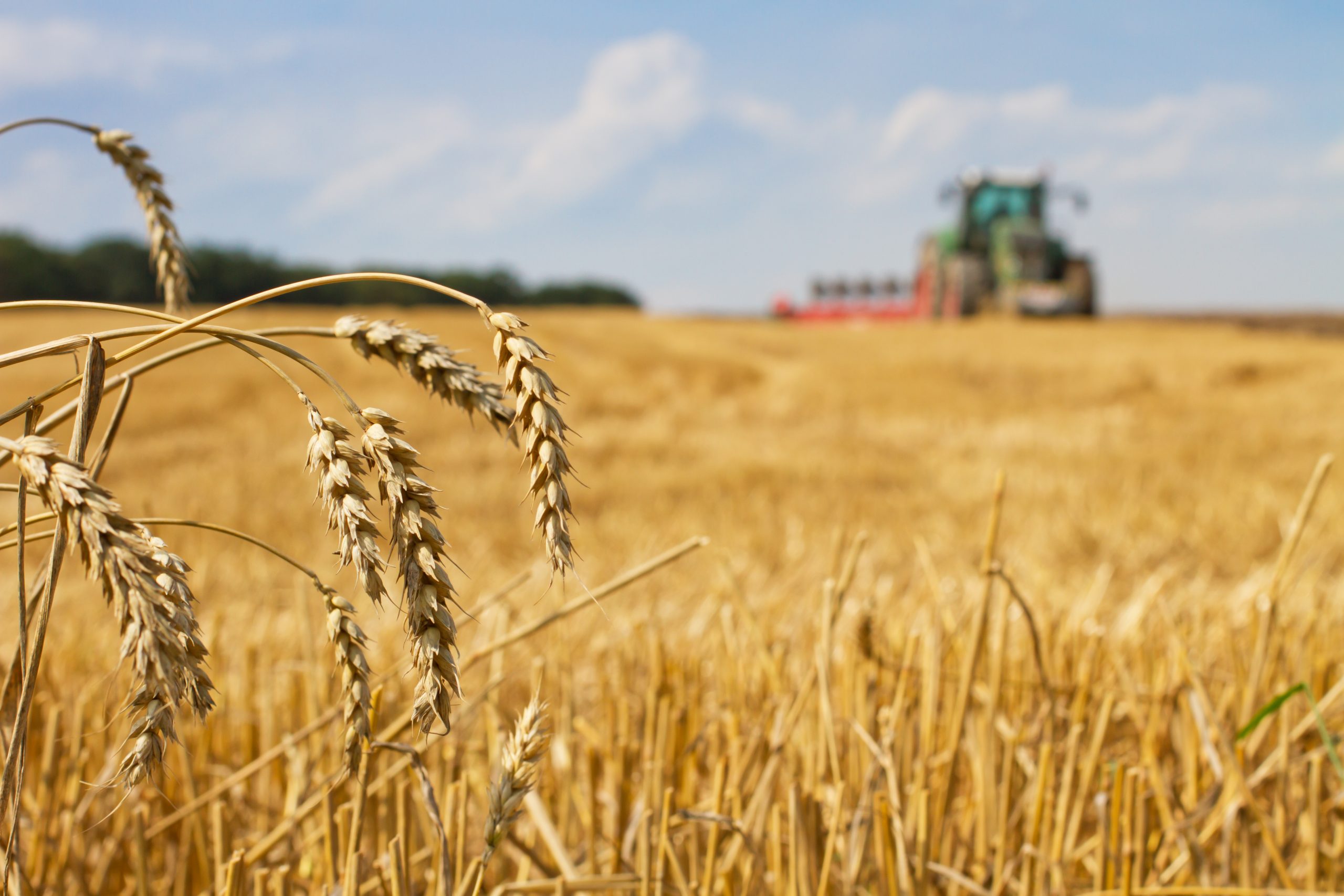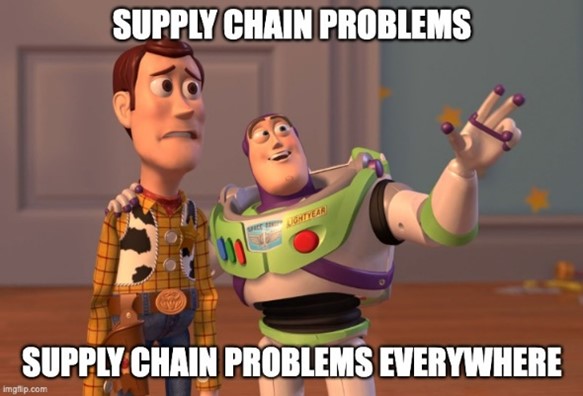Blog /
The “F” Word(s) – And Why They Matter for Canada
The “F” Word(s) – And Why They Matter for Canada
Why three of them matter to be precise – food, fuel and fertilizer. They may not seem glamorous, but they’re currently three of the world’s hottest commodities, and Canada’s got all three in spades. The problem is, we tend to struggle getting them out the door to the countries who want and need them.

Why three of them matter to be precise – food, fuel and fertilizer. They may not seem glamorous, but they’re currently three of the world’s hottest commodities, and Canada’s got all three in spades. The problem is, we tend to struggle getting them out the door to the countries who want and need them.
Thanks to a perfect storm of issues including COVID-19, climate change and the war in Ukraine, supply chains at home and around the world have been stretched beyond their limits. From empty sections of shelves at grocery stores to long waits for car and computer parts to small businesses closing shop, Canadian business owners and consumers alike have experienced the effects of supply chain disruptions first-hand.
What’s wrong with our supply chains?

While it would be easy to sit back and blame the problem on events that were out of our control, the truth is, Canada’s supply chains were vulnerable long before the events of the past three years. There is currently no backup when a primary transportation route is blocked or disrupted which means it doesn’t take much to cause delays in getting our goods where they need to go. Projects like railway expansion in areas we know tend to bottleneck and increased bridge capacity to reduce congestion in high-traffic areas would go a long way in relieving some of the pressure. Without these kinds of updates, the ability to reliably get food on shelves, to keep our businesses stocked and open and to export our goods is at risk.
The added strain of the past few years has pushed our already stretched transport system to a breaking point. It’s going to take real investment and collaboration between government and the private sector to fix it.
And we need to fix it. Now.
How’s our economy?

Canada’s economic growth outlook is less than impressive. Just last week, the Bank of Canada lowered its growth projections for Canada from 2% to 1.8% in 2024 – that is not good news. Canada has ambitious economic and social goals, including net-zero by 2050, but none of that is possible if we can’t grow our economy. We can’t spend our way out of this one. We need to boost our GDP and we can’t do that if we’re not able to move and deliver our goods to our international trading partners on time (or at all).
Which brings us back to food, fuel and fertilizer.
Why the three “Fs” are in high-demand
Russia’s illegal invasion of Ukraine has caused major global disruptions for both fuel and food and the fertilizer needed to grow it. Known as “The Breadbasket of Europe”, Ukraine’s food supply directly affects nearly 2 billion people. In 2021, Russia was supplying European Union countries with 40% of their natural gas. On top of that, the world is seeing more severe weather events like floods, droughts and forest fires more often, wreaking havoc on global food production.
To offset the impacts of these issues, countries the world over are looking for new and alternative suppliers.
Canada is a star candidate.
The Canadian brand is strong – we’re seen as ethical and rules-based. Both Canada’s agriculture and energy sectors are ranked as the fifth-largest exporters in the world, while our fertilizer industry ranks as the third-largest global producer and the #1 producer of potash fertilizer. All three sectors are considered among the most innovative and sustainable in the world and are a significant source of employment for Canadians and revenue for Canada’s national GDP.
Next steps

To jump on the incredible economic opportunity to boost these sectors and grow our economy, Canada needs the transportation infrastructure and trade agreements to get our food, fuel and fertilizer to international markets. With the political will and the right investments, we can make it happen.
We’ve got what the world needs – it’s time we deliver.
Want to learn more? Join us virtually for a full discussion on this and other top-of-mind issues for Canadians and the economy at Canada 360°, our flagship economic summit next week on February 8th.
Other Blogs

Disclosing Episodic Disabilities in the Workplace

A Failure of Process and Policy: Canada’s Greenwashing Amendment to the Competition Act in Bill C-59





